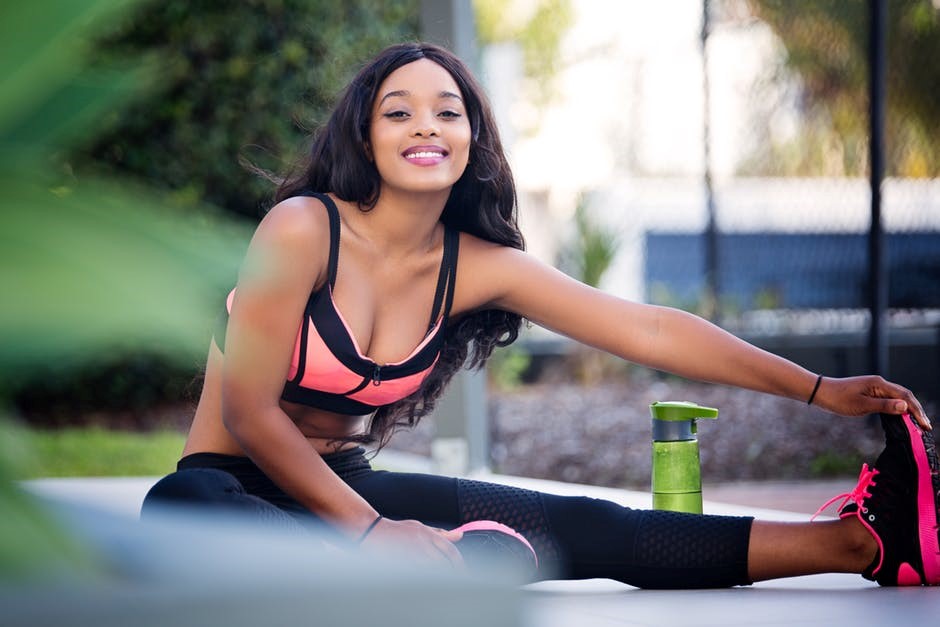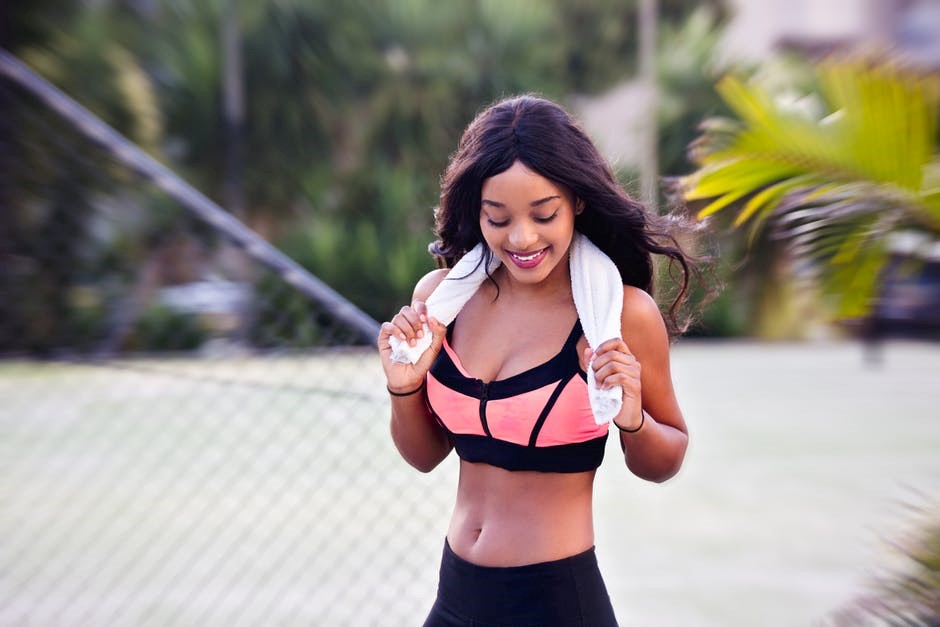
fciwomenswrestling.com femcompetitor.com article, pexels.com Nathan Cowley photo credit
No matter where you live, taking good care of your health should be an extremely high priority.
As reported on December 26, 2018, the global information source fastcompany.com announced, “The health and wellness industry witnessed amazing innovations that are spreading the gospel of self-care and affordable health solutions to more audiences.”
That is good to know.
What is even more helpful is if you can receive health and wellness tips from a doctor.
We have a visiting writer who has agreed to do just that.
Dr. Charles-Davies OA, a medical doctor based is based in Lagos. He is the founder of 25 Doctors.
Intrigued, we decided to visit their site at 25doctors.com where they share their history. “25 Doctors was founded in October 2015 with the goal of being a credible source of health information. We started by sharing viral health facts on social media and gradually expanding to other platforms. Our team is made up of seasoned professionals who work together to ensure that you have the most accurate and relevant health information at the palm of your hands.”
Very good. Now we are ready to learn.
A Beginners Guide To Effective Workouts (For Women)

Exercising seems to be the new thing. Almost everyone is either doing it or thinking about doing it. However, it is important to understand this new lifestyle change, why you want to start it and the changes your body will have to go through. We will divide our guidelines into what to do and expect before, during and after exercising.
Before Exercise
Before you start exercising, there are some things that need to be done. Some of them are:
-
Know Your Health Status
See your doctor before you start exercising. This is to be sure that you are clear from any health condition that is contraindicated to exercise.
-
Know The Activity Guidelines For Each Age Group
There are guidelines that have been designed by WHO for different age groups. These guidelines have been designed depending on the physiological needs of different age groups. These guidelines are:
- For 5 – 17 years, this age group should be active for at least 60 minutes a day. This activity should involve muscle strengthening and bone exercises, which should be done three times a week.
- For 18 – 64 years, this age group should be active for at least 150 minutes a week. This activity should involve aerobics and muscle strengthening of the major muscle groups 2 – 3 times a day.
- For 65 years and above, this age group should be active for at least 150 minutes a week. This activity should involve aerobics, muscle strengthening exercises, and balance exercises because older people are prone to falls due to poor balance.
-
Come Up With A Realistic Goal
Why do you want to work out? Do you want to lose weight, stay strong, and stay fit or looking for a new hobby? Having a goal makes you focused on any workout you choose to do.
-
Ensure You Have A Good Exercise Plan
A very good exercise plan should involve cardiovascular fitness, balance, flexibility, muscle strength and muscle endurance. Your exercise plan should be in line with WHO guidelines.
-
Get Comfortable Exercise Clothes
I remember the first time I did an exercise. I wore an old t-shirt and shorts and I thought that was all I needed. I was wrong. In order to start exercising, you need comfortable and appropriate exercise clothes. Why?
You sweat when you exercise and exercise clothes are so designed for absorbing your sweat and are breathable. Wearing a t-shirt, for example, will soak up the sweat from your body, which makes it wet and very uncomfortable for you while working out.
Most exercise clothing is made up of spandex, polyester blends, and polypropylene.
While Exercising

-
Find A Motivator
Sometimes, working out can get boring. You might be tempted to change your goal or give up. You need something to motivate you while you work it.
- Get a workout partner that has the same goals as you. Remember, a problem shared is a problem half solved.
- Create a playlist on your phone or mp3 or whatever music-playing device you have. If you love music, form a playlist with songs that will motivate you. Imagine running on a treadmill listening to “eye of the tiger”; you will feel so pumped to run faster on it.
- Keep track of your progress. If your goal is to be able to maintain a plank position for 1 minute within 3 weeks, you can have a logbook or exercise journal to keep you on track. If you were able to do 10 seconds today, write it down. If after 3 days, you are able to plank for 30 seconds, write it down. If your goal is to lose 5kg within 1 month, measure your weight when you start and measure again after 1 month.
-
Understand Your Body
No two individuals are the same. Just because your friend can do 50 sit-ups at once does not mean you must do the same. Because you are new to the workout fam circle, it will take a while for your body to adjust to the new changes. Take your time. I’ll advise doing exercises that are timed instead of pushing through reps.
-
Explore Exercises
There are different exercises to choose from. Choose which one you enjoy doing. It could be dancing or yoga or Tai chi or riding the best exercise bike. Once you find something you like, stick to it and enjoy.
-
Remember To Warm Up
Warming up prepares the muscles for any strenuous activity and reduces the risk of having any serious injury from any exercise that will be done. Warming up warms up the muscles, which increases blood flow and nutrients to the muscles. It also increases your heart rate which pumps blood around the body faster and better.
-
Remember To Stretch, Stretch, and Stretch
A mistake most beginners do is not stretching before and after working out. Stretching helps to reduce the muscle soreness that usually comes with workouts.
Stretches loosen your muscles from any tension and fatigue and help to increase blood flow and nutrients to the muscles.
After Exercise
-
Expect Muscle Soreness
After exercising, you will definitely feel sore in your muscles. Muscle soreness is normal after exercising because while you exercise, your muscles have to work harder than they normally do which causes mild damage to the muscle fibers.
This soreness actually decreases as you consistently keep up with your exercises because your muscles will adapt to the new change. You can use a microwavable heating pad to feel better.
-
Drink Lots Of Water
You will sweat a lot when working out. Drinking water will help replenish the fluids lost while exercising. Also, staying hydrated helps your muscles to recover faster after working out and prepares you for the next workout session.
-
Take A Break
A rest period is required between workouts. While exercising, your muscles do a lot of work and need to rest to get themselves together. Like I mentioned earlier, muscle soreness occurs with exercises. Having 2 – 3 days interval will give your muscles enough time to recover quickly from the soreness.
-
Eat Right
Exercising and not eating right is like fetching water in a basket. Ensure you eat right. You can see a dietician that can draw up a food plan to help you reach your go while you exercise.
-
Be Patient
“Rome was not built in a day”. Be patient. It may take a while for you to notice any change. Do not give up and continue with your plan. Enjoy the process.
~ ~ ~
Opening photo pexels.com Nathan Cowley photo credit
https://www.25doctors.com/about-us
https://www.fastcompany.com/90283063/the-most-promising-health-and-wellness-trends-for-2019 .



